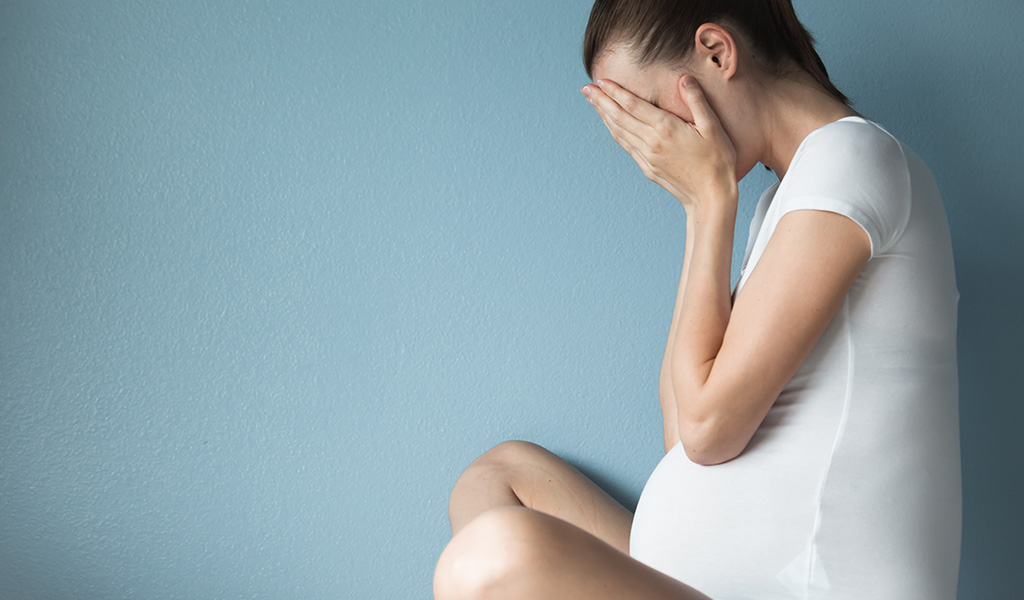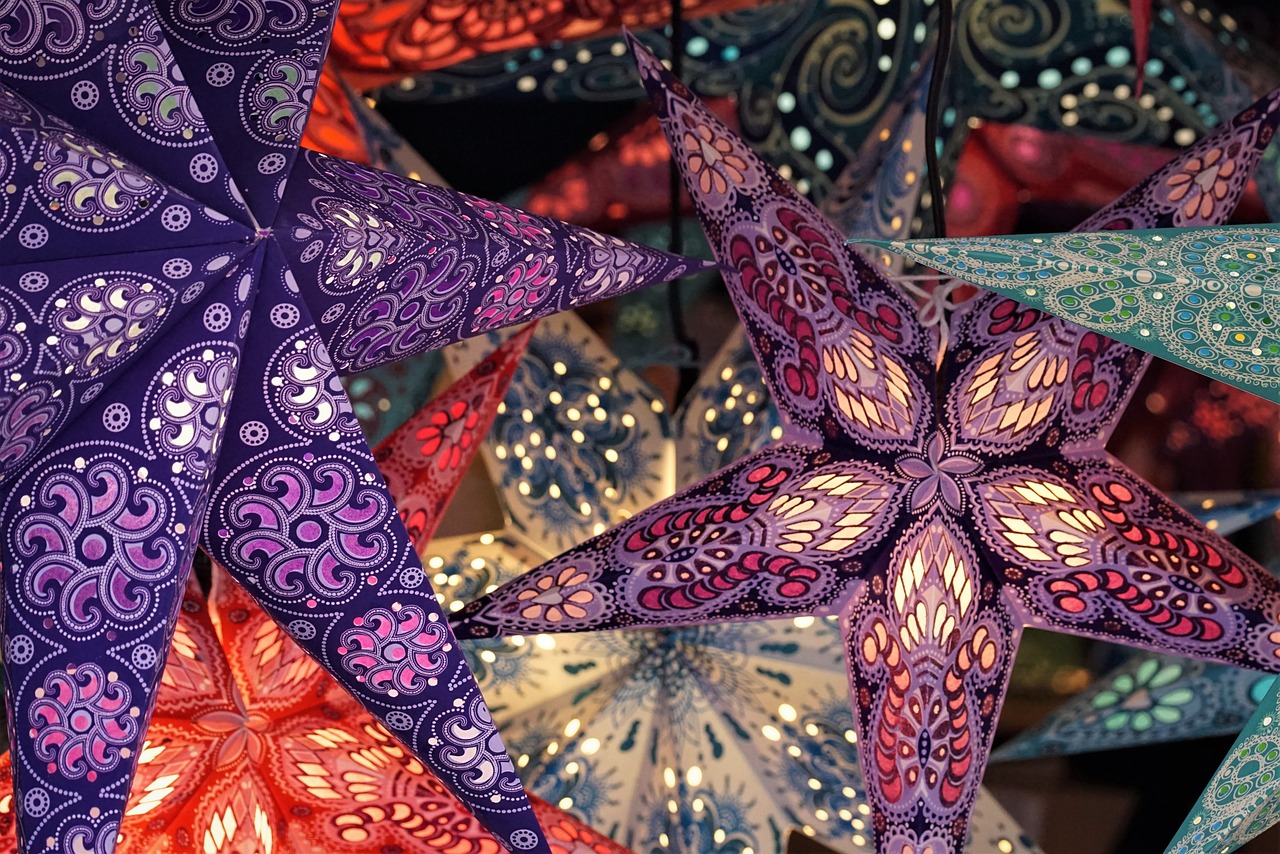New mums are bombarded with social media images of the “perfect family” and it’s leading to increased anxiety and perinatal depression, experts are warning.
Research by the national perinatal depression helpline PANDA has also found more than half of mums with the illness are waiting at least a month to seek help, and one in 10 callers to the service are at serious risk of self-harm or suicide.
Renee Knight was among those who fell into depression when life as a new mum didn’t turn out how she had hoped.
“We’re bombarded in society,” she told News Breakfast of the social media pressures.
“I had this great image of what I was going to be like as a mum … I was so excited and then it just didn’t work out to be what I expected.”
Renee gave birth to Hamish in February last year and within a few weeks was struggling to cope with the changes.
When he wasn’t sleeping well she became angry with him and then became angry that she didn’t feel like herself anymore.
Renee began to think something was going wrong when she realised she was scared to be with Hamish.
“I would see all these pictures on TV about what it was like having a baby and hear from other mums and I didn’t feel like that at all,” she said.
“I thought, ‘surely this isn’t right, surely other people feel different’.”
When things deteriorated, Renee ended up in the emergency department and within a couple of days was in a mother-baby unit, where she spent the next nine weeks.
“Unfortunately Renee’s experience is really common,” said PANDA CEO Terri Smith, who added the social media representations of ideal families could have serious effects.
“It is damaging because no parent is perfect.
“The stigma, the shame that comes with that, we hear regularly through PANDA’s helpline, that, ‘I wanted to be a different mum to this’.”
New analysis of calls to PANDA’s helpline in 2016-17 reveal the extent to which parents are not aware of perinatal depression.
It found three quarters of callers hadn’t discussed emotional and mental health issues with their GP, and that half felt unprepared for the challenges of parenthood.
“We know that at least one in five new mums are going to experience a depression or anxiety and it is important to remember that might even start during the pregnancy,” Ms Smith said.
“I think women are not really prepared to look out for those signs of depression or anxiety.”
Renee has since became a “PANDA champion” to raise awareness of perinatal depression and the support services that exist.
“No-one’s story is the same and symptoms are different, recovery stories are different, [but] there is a light at the end of the tunnel,” she said.







